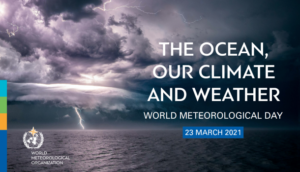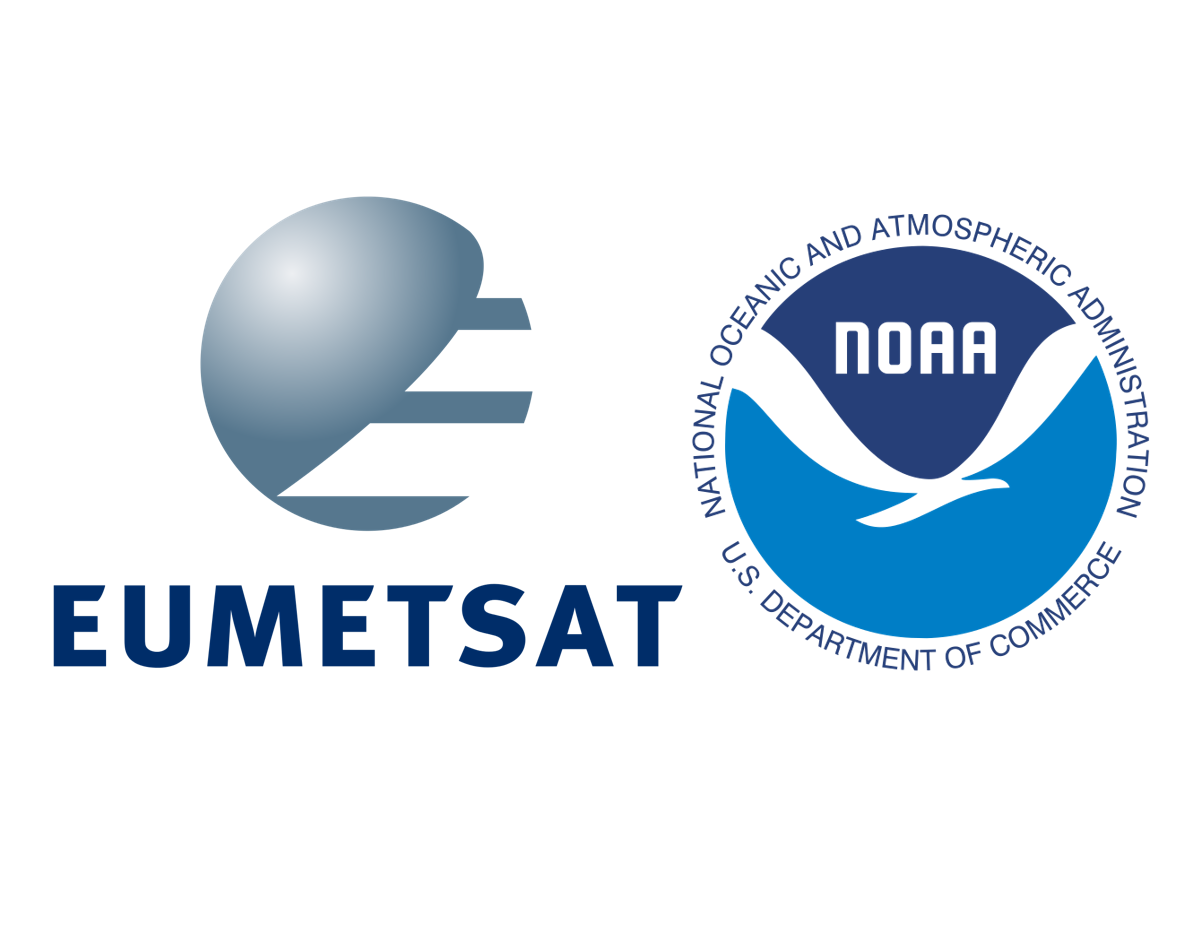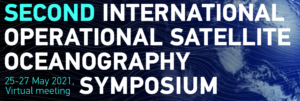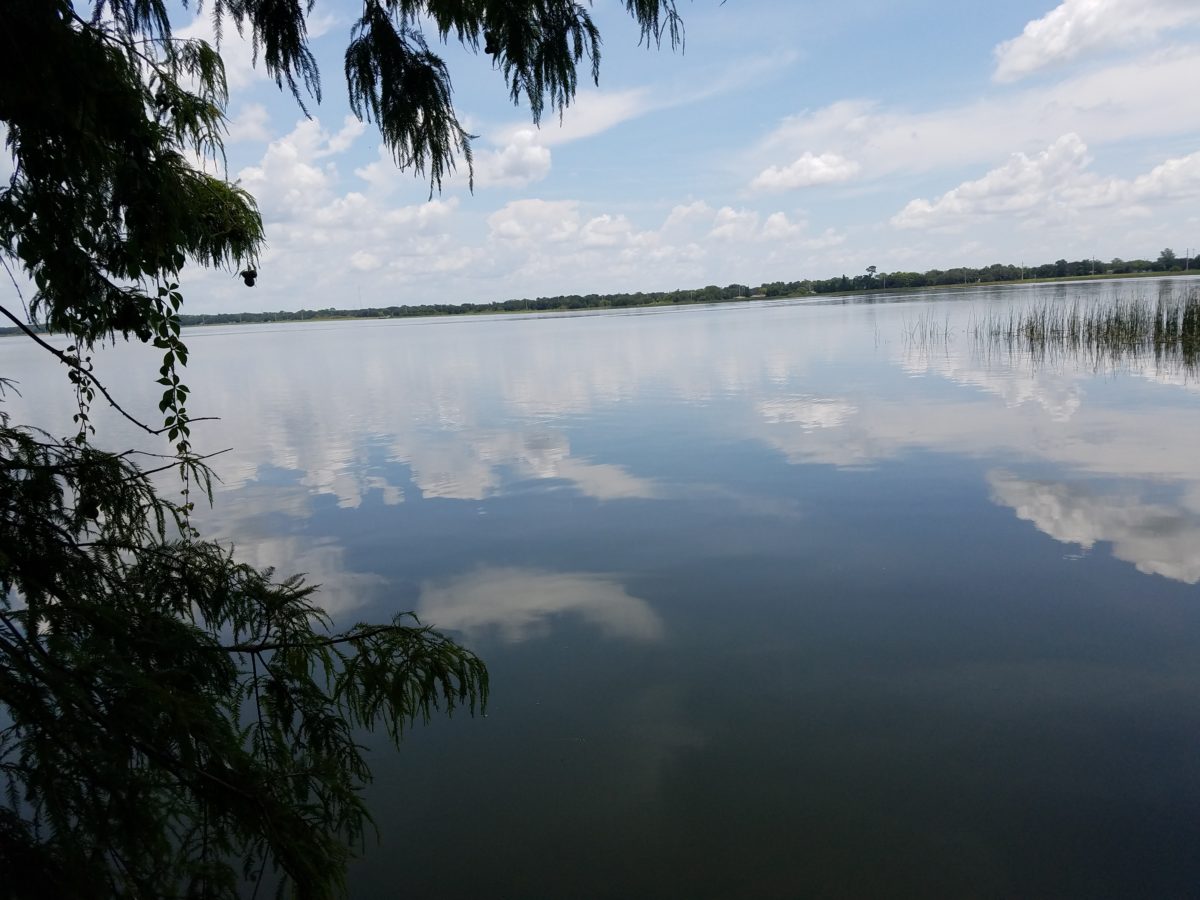The COPRI Coastal Engineering Sciences Committee will host its second Technical Lunch and Learn Webinar in two weeks on Wednesday, April 28th (between noon and 1 PM EDT). Please join us and our speaker, Dr. Benjamin Hamlington (NASA), who will discuss “NASA Sea-Level Change Team: From Observation to Actionable Information”. More details including an abstract can be found below.
***Please note that if you don’t yet have an ASCE account you first have to create one (which is free) before registering; you should then receive a confirmation email when registration is complete. Login information for the Webinar will be shared closer to the event date with those who registered.***
- Registration Link: https://collaborate.asce.org/events/event-description?CalendarEventKey=b693262f-a287-4116-872a-0d5f17b47a7f&CommunityKey=92ad0402-f1ea-4d9a-8bbf-075021af42b9&Home=%2fevents%2fempages%2fregistration%2facknowledgement
- Link to Webinar provided after registration and closer to event date
- Wednesday, April 28th
- Noon to 1 pm ET
- Lead Presenter: Dr. Benjamin Hamlington (NASA)
- Title: NASA Sea-Level Change Team: From Observation to Actionable Information
- Abstract:
- The NASA Sea-Level Change Team (N-SLCT) was established in 2014 with the goal of improving the understanding of regional relative sea-level change on a range of timescales. The formation of this team was driven by the recognition that sea-level change results from a diverse set of physical processes that interact and combine in potentially complicated ways across a range of timescales. The N-SLCT relies heavily on NASA satellite observations in addition to reanalysis and modeling efforts to advance our understanding of sea-level change in the past, present, and future.
- Now in its third iteration, a common goal of the team is to create integrated forecasts of sea-level across a range of timescales. Beyond the science focus of the team, the N-SLCT has broadened its scope in order to address the growing societal need for better sea-level guidance. The N-SLCT has taken tangible steps to engage the stakeholder community and create partnerships with the goal of providing “useful” sea-level information that is founded in the improved scientific understanding established by the team.
- Here, an overview of the extent of the work being done by the N-SLCT is provided by discussing how the team is supporting sea-level decision-making. Specifically, the talk is structured around the flow of information from science to eventual application, covering the work the N-SLCT is doing in the following areas: 1) Observation, 2) Modeling and Analysis, 3) Synthesis, 4) Research-to-Application.







